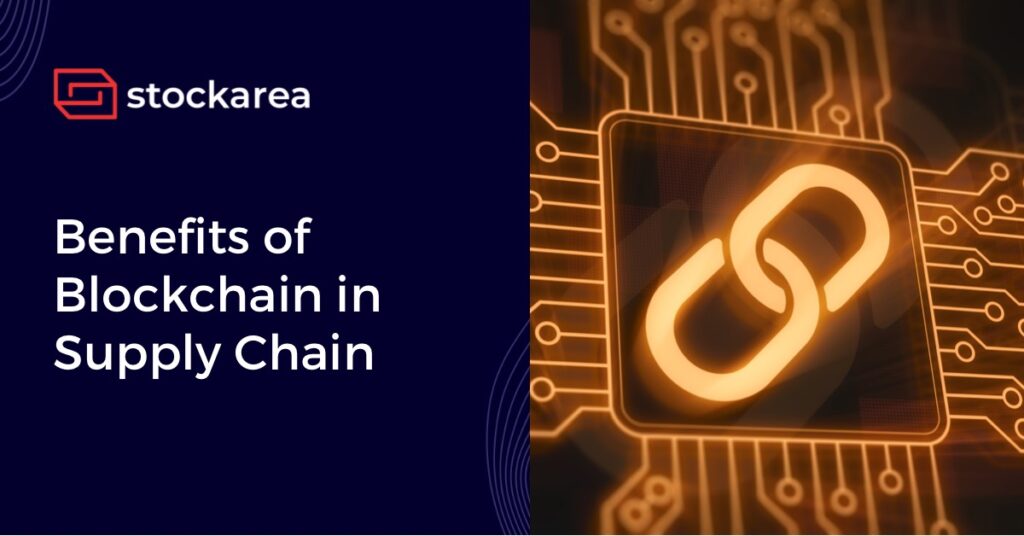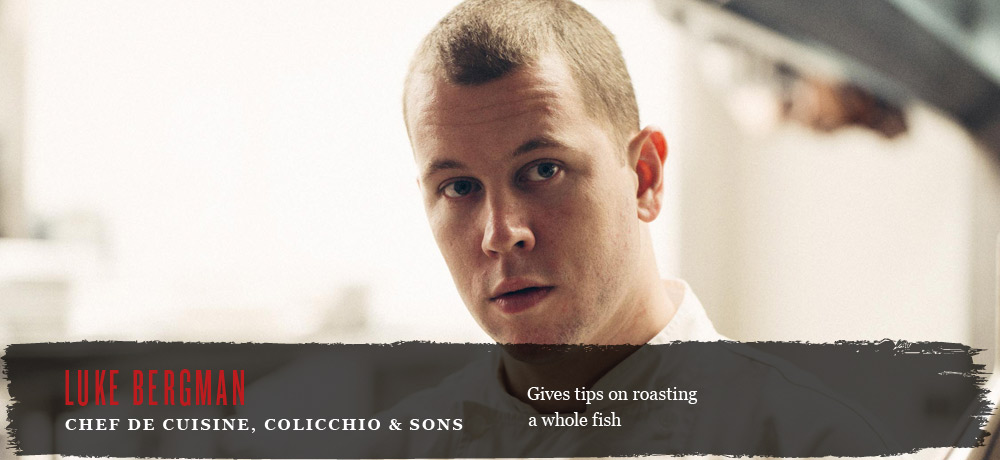Benefits of Leveraging Blockchain Technology for Cooking Websites

Can blockchain technology be leveraged for cooking websites
The answer is a resounding yes! Blockchain technology has the potential to revolutionize the way we cook and share recipes online. By leveraging blockchain, cooking websites can provide users with an unprecedented level of security, privacy, and trust. First off, let’s discuss how blockchain works. In its simplest form, it is a distributed ledger that records transactions between two or more parties in a secure and immutable manner. This means that once data is stored on the blockchain it cannot be changed or tampered with by any party involved in the transaction – making it ideal for storing sensitive information such as recipes. Using blockchain-based solutions for cooking websites would also allow users to securely store their recipes without worrying about them being stolen or copied by other users.
Since all data stored on the blockchain is encrypted using advanced cryptography techniques, only those who have access to the private key can view and edit recipe content – ensuring complete privacy for each user’s personal collection of recipes. In addition to providing enhanced security features, leveraging blockchain technology could also help improve user experience when browsing through different recipe collections online. With smart contracts built into each recipe page, users would be able to quickly search through various ingredients lists and filter out dishes based on dietary restrictions or allergies – allowing them to find exactly what they are looking for without having to manually sift through hundreds of pages of text-based content. Finally, utilizing decentralized applications (dApps) powered by Ethereum could enable developers to create interactive experiences within their cooking website platforms where users can rate dishes from around the world while earning rewards in cryptocurrency tokens at the same time! This type of gamified approach would not only make exploring new cuisines fun but also incentivize people from all over globe to contribute unique recipes which could then be shared among members within these dApp communities - creating an entirely new ecosystem dedicated solely towards food exploration! Best online gambling sites
Benefits of Leveraging Blockchain Technology for Cooking Websites
Cooking websites are a great way to share recipes, tips and tricks for making delicious meals. But with the rise of digital technology, it’s becoming increasingly difficult to ensure that the content shared on these sites is accurate and up-to-date. This is where blockchain technology can help. By leveraging blockchain technology, cooking websites can create an immutable record of all the information they contain – ensuring accuracy and preventing malicious actors from tampering with data or introducing false information into the system. Blockchain also offers several other benefits for cooking websites:
1) Increased Security: Blockchain provides a secure platform for storing data related to recipes, ingredients, nutrition facts and more. All this information is stored in a distributed ledger which makes it virtually impossible for hackers or malicious actors to tamper with it without being detected. This ensures that users have access only to reliable and trustworthy sources when looking up recipes online.
2) Improved Transparency: With blockchain technology, users can easily track changes made by authors or editors over time as well as view who has contributed what content in real time. This helps promote transparency within the community while also allowing users to verify whether certain pieces of information are accurate before using them in their own cooking endeavors.
3) Enhanced Collaboration: Cooking websites powered by blockchain allow multiple authors/editors/contributors from different parts of the world collaborate on creating new recipes or updating existing ones quickly and efficiently without worrying about potential conflicts between versions due to lack of synchronization between contributors’ computers/devices . Furthermore, since all changes are recorded on an immutable ledger , there’s no risk of losing any valuable contributions due to accidental deletion or corruption caused by technical glitches .
4) Reduced Costs : Leveraging blockchain eliminates the need for expensive middlemen such as lawyers , accountants , etc., thereby reducing costs associated with running a website dedicated solely towards sharing culinary knowledge . Additionally , smart contracts could be used here too so that authors get paid automatically whenever someone views their recipe (or buys products mentioned therein ) thus eliminating manual payment processing altogether . Overall , utilizing blockchain technology allows cooking websites not only provide better security but also improved collaboration opportunities along with enhanced transparency & reduced costs - making them even more attractive destinations than ever before!
Challenges of Implementing Blockchain Technology in Cooking Websites
The concept of blockchain technology has been gaining traction in recent years, and its potential applications are seemingly endless. From finance to healthcare, the possibilities for blockchain technology are vast. But can it be leveraged for cooking websites? The answer is yes – but there are some challenges that must be addressed first. One of the biggest issues with implementing blockchain technology into a cooking website is scalability. Cooking websites typically have large amounts of data associated with them, such as recipes, ingredients lists, nutrition information and more. This data needs to be stored securely on a distributed ledger in order for users to access it quickly and easily. However, due to the size of this data set, it may not fit within the current limitations of existing blockchains like Bitcoin or Ethereum.
Therefore developers will need to find ways around these limitations if they want their cooking website to take advantage of blockchain technology’s benefits. Another challenge is privacy concerns when using public blockchains like Bitcoin or Ethereum for storing sensitive user information such as payment details or personal preferences related to food items they prefer or avoid eating altogether (e.g., allergies). Developers must ensure that all private user information remains secure by utilizing encryption techniques such as zero-knowledge proofs or homomorphic encryption algorithms which allow users’ data remain encrypted even while being processed on a public ledger system like a blockchain network . Finally, there is also an issue with transaction fees when using public blockchains like Bitcoin or Ethereum since each transaction requires miners who get paid in cryptocurrency tokens (like BTC) in exchange for verifying transactions on the network . This could potentially add up over time if users frequently use their accounts on your cooking website , so developers should consider alternative solutions such as sidechain networks which offer lower transaction fees than traditional blockchains . All things considered , leveraging blockchain technology for cooking websites does come with certain challenges but none that cannot be overcome through careful planning and implementation strategies . With enough effort , developers can create secure , efficient systems that make use of this revolutionary new tech while still addressing any potential privacy concerns from users who may not feel comfortable sharing their personal information online .
Examples of Successful Use Cases for Blockchain-Based Cooking Websites
Blockchain technology has been making waves in the world of digital finance, but its potential applications extend far beyond just cryptocurrency. In fact, blockchain technology can be used to create a variety of innovative solutions for cooking websites. Here are some examples of successful use cases for blockchain-based cooking websites:
1) Secure Recipe Sharing – Blockchain-based platforms can provide users with secure and reliable ways to share recipes with each other. By leveraging the power of distributed ledger technology (DLT), these platforms can ensure that all shared recipes remain immutable and tamper-proof, allowing users to trust that their recipes will not be altered or stolen without their knowledge. This could also help protect intellectual property rights associated with recipe creation and ownership.
2) Verified Reviews – Blockchain-based cooking websites could leverage DLT to enable verified reviews from real customers who have actually tried out a particular recipe or dish before leaving feedback on it. This would make it easier for people to find trustworthy information about dishes they’re interested in trying out themselves, as well as providing an incentive for chefs and cooks to create high quality meals since they know their work will be judged fairly by genuine customers rather than fake accounts or bots.
3) Automated Payment Processing – With blockchain technology, payments between parties involved in a transaction (such as those related to purchasing ingredients or ordering food delivery services) can be automated using smart contracts which execute automatically when certain conditions are met without requiring manual intervention from either party involved in the transaction process. This could save time and money while also reducing the risk of fraud associated with traditional payment processing methods such as credit cards or bank transfers.
4) Food Traceability – Using DLT, food traceability systems can be implemented on cooking websites which allow consumers to track where their food is coming from at every step along its journey from farm/factory/restaurant all the way through delivery until it reaches them at home. This would give consumers peace of mind knowing exactly what they’re eating while also helping businesses maintain transparency around how they source ingredients so that customers know exactly what goes into each meal they order online
Home

